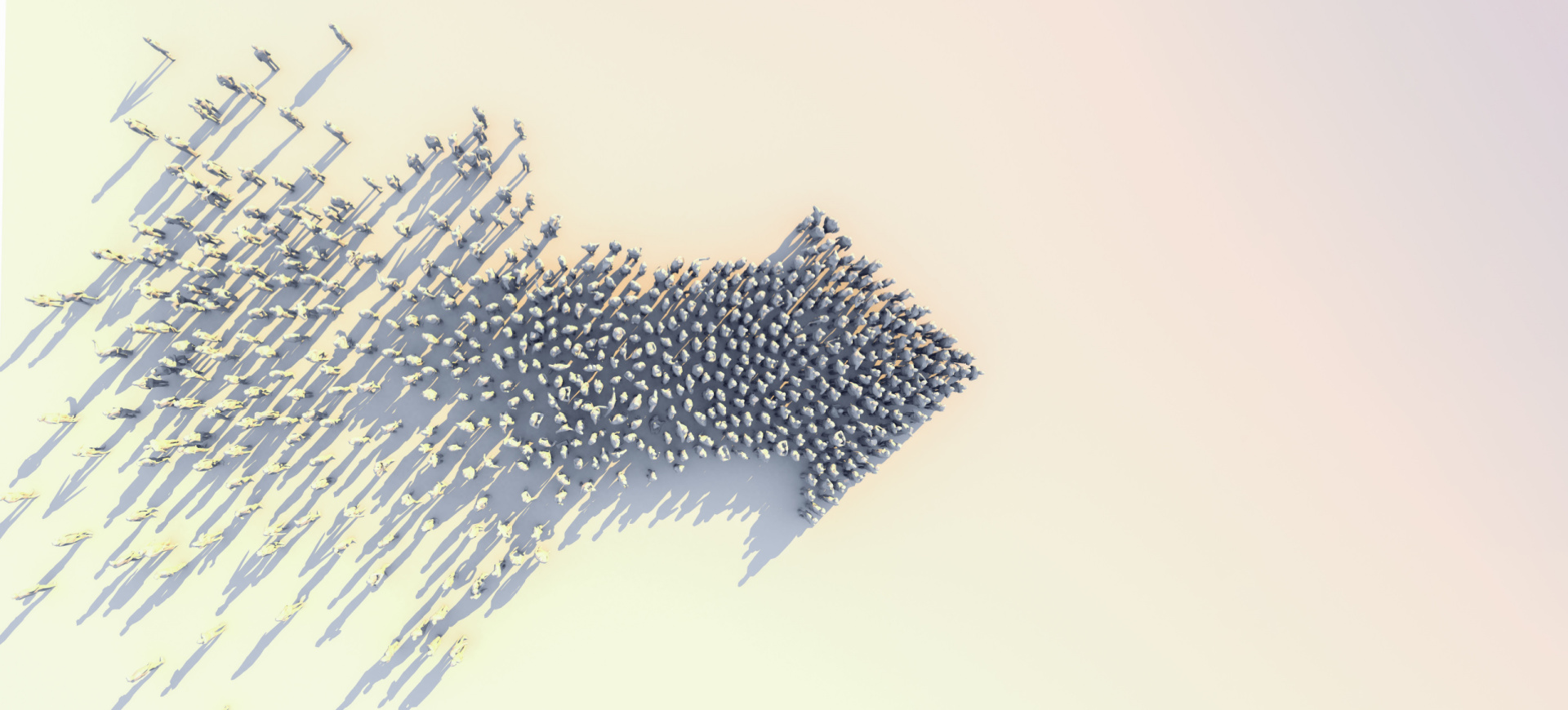Stronger together for the common good
Deglobalisation. As the world is buffeted by a whirlwind of global crises, we increasingly hear this term to describe the trend of the world today.
We must resist this trend. A more deglobalised, less multilateral world will not make the world safer and more prosperous. It will make it more dangerous, more fractured. Only a global approach, anchored in effective multilateralism, can address today’s complex challenges.
Covid-19 and the war against Ukraine have undeniably shaken our geopolitical moorings. They have influenced global trade relations and intensified the precarity of the world’s most vulnerable, driving up inflation, food and energy prices, and the cost of living. They have also widened the chasm between rich and developing countries and exacerbated global poverty. Many heavily indebted countries now face acute, multifaceted crises – from fighting terrorism and crushing debt to malnutrition, hunger and humanitarian crises.
As the world navigates a geopolitical transition, we should resist the forces that lead towards a patchwork of antagonistic coalitions. Carving the world into opposing blocs will only foment greater division and make it harder to solve global problems.
Cooperating for the common good
The European Union will continue to reach out to all who want to cooperate for the common good. We strive to build balanced relationships with partners based on our shared interests and to tackle problems through inclusivity and multilateral organisations, such as the United Nations, World Health Organization and World Trade Organization.
Closing the gap between the rich and poor must be a top priority. We will not achieve this through a global hodgepodge of different norms, standards and trading practices, in an atmosphere of heightened security tensions. This would catapult the world back in time, away from the cooperative multilateral approach defined by shared international standards and mutually beneficial free trade.
As the G7, we stand united to address the key challenges of our time. We are forging alliances to fight world hunger, for instance, and to ensure global food security. Programmes such as the Global Alliance for Food Security and the Food and Agriculture Resilience Mission are leading the way. The European Union is also taking strong action. Since May 2022, the EU-Ukraine Solidarity Lanes have enabled the export of nearly 25 million tonnes of Ukrainian agricultural products to global markets. The EU will also provide over €8 billion to support global food security until 2024.
Backing the most vulnerable
The G7 supports work to address the debt burden in vulnerable countries, namely through efforts with international partners on the voluntary channelling of special drawing rights. With developing and emerging economies, we are combatting climate change and helping to make a success of the climate transition. The EU and its member states are the largest provider of public climate finance in the world, with more than €23 billion in 2021. The Just Energy Transition Partnerships are helping countries to accelerate the transition to clean energy and technology.
Quality infrastructure is also key to the well-being of people. Through the Partnership for Global Infrastructure and Investment, the G7 and EU are working to strengthen global partnerships for high-standard investments in sustainable, transparent and quality infrastructure in low- and middle-income countries.
The quality of people’s well-being is also defined by the quality of their health. The G7 is therefore working to strengthen global health systems, notably through equitable access to safe and affordable vaccines. We support global health sovereignty by expanding local manufacturing for vaccines and other essential medical products in developing countries.
When we speak about the health of our people and societies, this increasingly includes our ‘digital health’ as well. Digital technology is the beating heart of open and democratic societies. It must be anchored in trust. Building this trust is all our responsibility – to ensure that the data we exchange is safe and the safeguards for our fundamental freedoms are robust. This will benefit our citizens, economies and global well-being.
Back on the track of hope
Global inequality and poverty are going in the wrong direction. We need to reverse this trend and bridge the gap between the world’s richest and poorest. It is a question of human dignity. It is also a matter of global stability. This can only be achieved through effective multilateral cooperation and a global system in which power is distributed more fairly. Reforming the United Nations and including the African Union in the G20 would be steps in the right direction.
The European Union is a strong partner for peace, security and development. We will continue to extend a hand to all those who wish to band together to make the world a fairer place for everyone. Together, we will put the world back on the track of hope.












